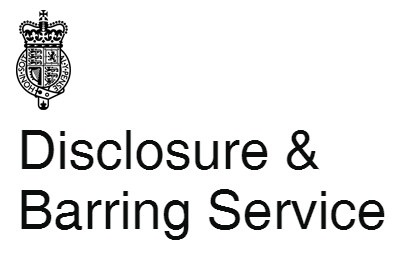
Some organisations will have volunteers and staff in roles that require DBS checks. These kinds of roles are usually those that involve close and unsupervised contact with vulnerable adults and children. For an organisation to request a DBS check, they must be sure that the role is eligible for a check and that it is necessary as part of a wider approach to safeguarding volunteers and the people they encounter in their role. The system can be tricky to navigate.
In this useful blog on the NCVO website, Antony Parke, Head of Business Services for Voluntary Norfolk, answers some of the common questions around DBS checks.